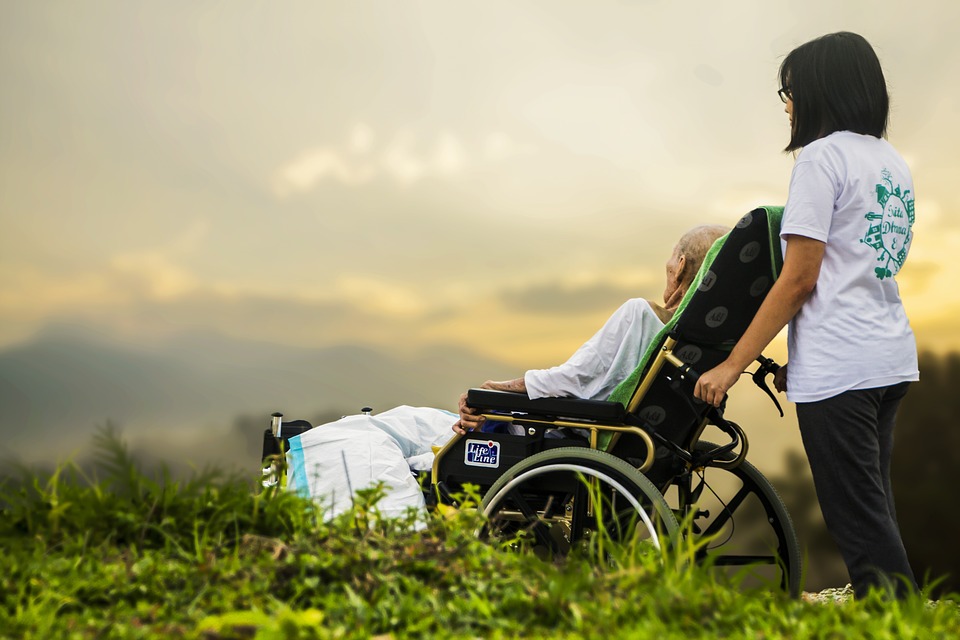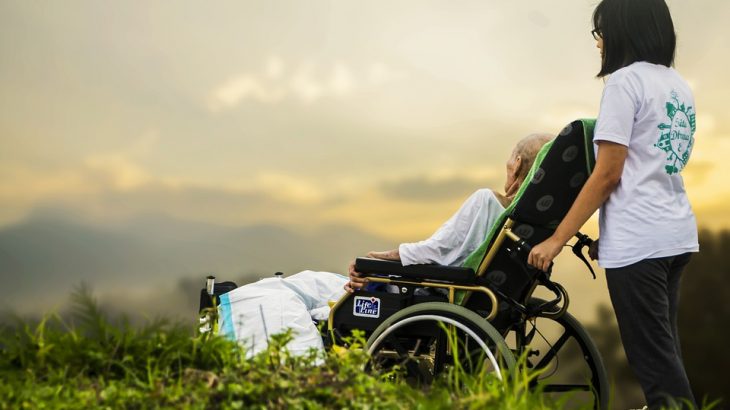We always assume that once a patient comes home from a long stay in the hospital, that there is no real worry about their care. The truth of the matter is, there is plenty to consider in the home when the patient is elderly. As we age, it takes us longer to heal. The patient may be ready to go home early on, but the treatment team and the family have to coordinate to be sure that the home is safe so that the patient can recover in comfort.

Leading Cause of Death is a Result of Falling
It sounds a little far-fetched but for the elderly, falling is a dangerous predicament. There are quite a few reasons for a fall to occur. It could be a result of:
- Disorientation from medicines
- Muscle weakness from bedrest
- Blood pressure drop from diabetes, Parkinson’s, reaction to meds, or dehydration
- Confusion
- Undiagnosed health issues arising from previous health issues
The problems arising from the falls are equally unnerving:
- Broken bones
- Strokes or aneurysms that lead to death
- Head trauma that can lead to brain bleeding
- Internal bleeding that can lead to death without doctor diagnosis
When the elderly live alone, the issue becomes even more dire. Our elders certainly need to have a family member or friend care for them so that the risk of falling can be diminished or eliminated. If the elder is left alone, the risk of their death from a fall rises drastically.
Fall-Proof the Home to Make It Safe
Making the home safe is of the utmost importance for the patient to come home and recover in comfort with less worry. The very first step into making the space safe is to get a fall alarm that detects falls. This is especially helpful for when the elder is on their own for any amount of time, getting them help quickly and reducing the risk of mortality.
Secondly, look around the house for things that could cause a fall. Put rugs down on slippery surfaces and tape down loose rugs. Removing clutter is a big help, fewer obstacles on the floor equate less risk of falling. Installing grab bars in the bathroom at the toilet and in the shower, in addition to installing a shower chair. Make sure that any heavy lifting is taken care of by family or friends. Even walking in a hallway with a heavy box can increase the risk of a fall!
Ensure the Use of Aids and Exercises.
If the patient has been issued a cane, wheelchair, or walker, it is vital that they use it! Some patients insist on functioning as they did prior to their hospital stay. Unfortunately, that’s not always the best decision and if they are not watched over, they may avoid using the aids that they need. The wheelchair, cane, or walker are there due to limited mobility and will reduce the risk of a fall. Additionally, until the patient is extremely comfortable with their medical aid, one should assist them as much as possible.
Exercises are very important when it comes to recovering and dealing with mobility issues. It may not cure the issues, but it certainly will help in increasing mobility and stability. If they are resistant, do the exercises with them. Whatever it takes to get them to do the exercises, just be sure they are following the doctor’s suggestions!
With proper post-hospital stay care, an elderly person can avoid a fall and cause an untimely death. Unfortunately, there are many elderly who are left to their own devices due to limited health care options and financial resources to pay for care. We are seeing a growing number of Accountable Care Organisations (ACOs) that work to provide affordable and easily accessible care for Medicare patients.






